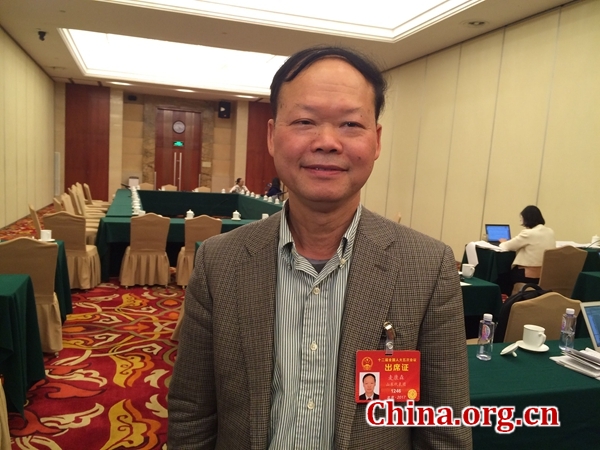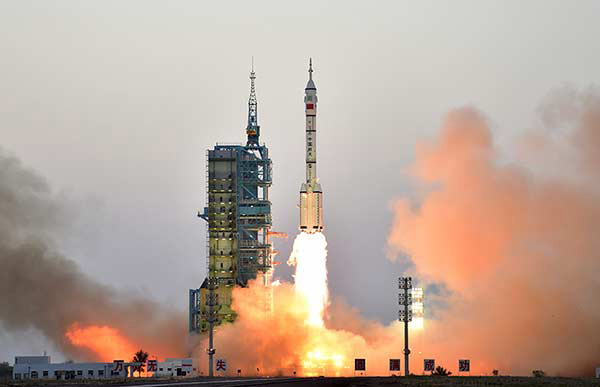Chinese confident of annual income rises: report
More than 50 percent of people are optimistic about their incomes increasing in 2017, with rural people expressing more confidence than their urban counterparts, according to a recent survey report.
About 55 percent respondents in rural areas believe that their annual income will rise in 2017, compared to 53.4 percent people in urban areas, according to the report released by the China Central Television, which surveyed 570,000 people.
China has implemented favorable policies to help reduce the rural-urban income gap. In 2016, China lifted 12.4 million people out of poverty.
The report said people in ten provincial-level regions were most confident of increased annual income: Qinghai, Tibet, Hainan, Jilin, Ningxia, Anhui, Shandong, Shaanxi, Guizhou and Chongqing, all regions where a large number of poverty alleviation projects are located.
People with annual family revenues below 10,000 yuan (1,449 U.S. dollars) tended to focus on relocating projects, vocational education and small loans as a way of escaping poverty.
The survey hopes its results will provide valuable reference for national policies.
The report said that happiness did not arise from high income. People with family income exceeding 1 million yuan did not feel happier than those with income between 80,000 to 120,000.
In first-tier cities, education and entertainment were the top choices for people to spend money, according to the report.
The report also showed that people who have a partner feel happier than those who are single. People with partners but who were yet to marry were happiest.
Nearly 80 percent of young people interviewed said that they liked to live in good quality rented apartments with stable rental periods.
Tourism, digital products, and household appliances were the top three expected purchases in 2017, with tourism the top choice for the last three years, the report said.

